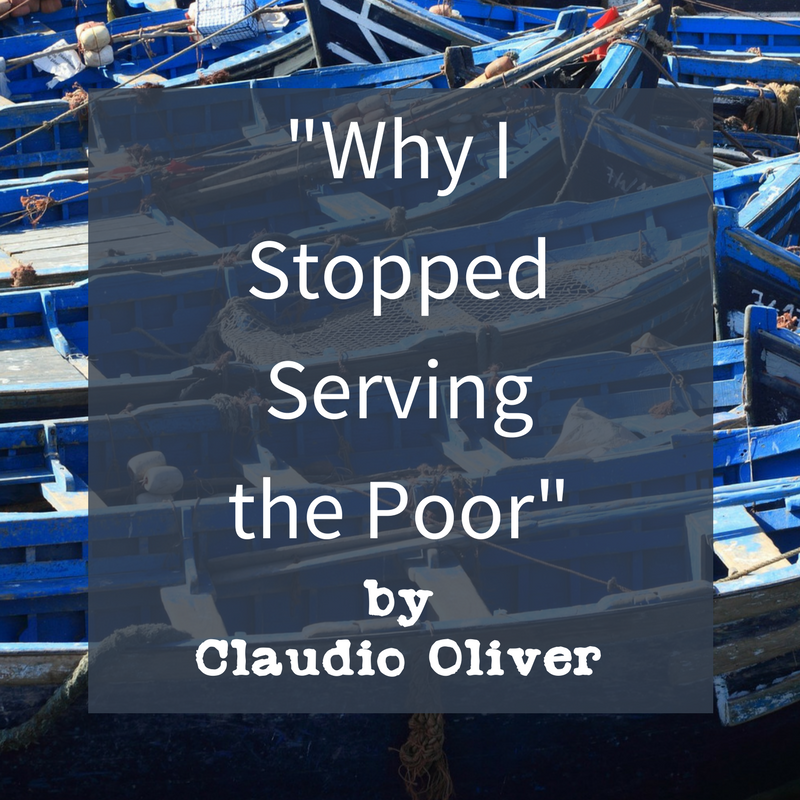|
You must get along with each other. You must learn to be considerate of one another, cultivating a life in common. …You’re all picking sides, going around saying, “I’m on Paul’s side,” or “I’m for Apollos,” or “Peter is my man,” or “I’m in the Messiah group.” I ask you, “Has the Messiah been chopped up in little pieces so we can each have a relic all our own? Was Paul crucified for you? -1 Corinthians 1:10, 12-13 (MSG) “It’s easy to make a case that our society is increasingly treating the neighbor has a threat and not a neighbor and increasingly distorting God for the worship of idols. I don’t think that’s a progressive or liberal judgment, I think that’s an evangelical judgment, and I believe that’s the conversation we ought to be having.” Walter Brueggemann, in his interview The Bible for Normal People podcast. The word “evangelical” has been abuzz for the past two years. Everyone has their own definition of what it means. Unconsciously growing up evangelical, I never knew the word existed. Protestant, I knew, because I’m half Italian and it was a big deal when my mom quit going to Catholic mass and started going to a Protestant service. My great uncle, Neil, was a Catholic priest; his twin sister, Grace, is a Catholic nun. Grace and I had many conversations as I was coming of age. She challenged my faith a lot, in a good way. She lives in Rochester, New York, and is always fighting on behalf of the poor. It’s relatively normal for us to hear she’s been thrown in jail. The lives of Neil and Grace always offered a powerful counter balance to the negatives I heard about Catholics from Protestants. I wonder if I offered the same to them. When I lived in Mexico, the word evangelical was typical. It replaced Protestant in my mind, as “evangelicos” was often used as an identifier of our sect of Christianity. But I had no idea where it came from. The many months leading up to the U.S. presidential election, I heard the word again and again, not sure what it meant to each person using it. After three years of life back in the U.S. preceded by more than four years living in Mexico, Andrew and I left our home church. It was an excruciatingly difficult decision. We didn’t want to be consumer Christians, we didn’t want to be unfaithful to the Bride of Christ. We struggled to differentiate between reverse culture shock and actual issues within the church. We often felt we were fighting against the spirit of the American Church more than just the spirit of our own local branch of it. All of this has led us to ask some deep, difficult questions. It’s also led us to ask some simple ones: what is church? What should it look like? What reasons are valid for leaving a church? What reasons are simply superficial? Where do we belong? What tribe are we? What other tribes exist? Clearly, the word is dichotomized. Full of good AND bad. Most of the people who responded to this are Christians. So the question for those of us commonly known as evangelicals is will we choose to keep the label or not? You can read about how I immediately struggled with throwing off this label in my Missio Alliance article: The Abortions of White American Evangelicals. We can also decide to forget labels altogether – although the temptation sounds good, but coming from someone who has yet to call a local church home and has no idea what denomination that future church will be, I have to agree with my friend Kaitlin Curtice: “We exist beyond our labels, but our labels guide the spaces we inhabit and the arguments we make.”
But just like money, love, power, and any other possession, the gospel calls us to hold things with an open hand – and that includes our labels. Evangelicalism is where it is right now because those in the movement held too tightly to the label, and forgot about why the label is there in the first place. Anytime we are close-fisted, that possession begins possessing us, and we lay our lives down for an idol. If evangelical means one who carries the good news, we evangelicals need to reawaken to what that good news is. The good news tells us to love God and love neighbor. It says that the Imago Dei is imprinted on every human being (every neighbor): this means that ISIS members, Joseph Kony, a serial-killer, a rapist, along with an innocent 6-year-old, a new-born baby, an upstanding citizen, a straight-A college-bound virgin high school senior, a woman who had an abortion and marches for the rights for others to have the same choice, a single dad struggling to make ends meet working 3 jobs to stay afloat, and yes, even Donald Trump himself all have the imprint of God within them. This means that the good news is for everyone. Everyone. It means that no human being is too far gone to be transformed by the blood of Jesus Christ. But that good news also tells us that we are wrong when we think the imprint of God means we are God, and we are wrong when we think the imprint of God no longer exists within ourselves or within someone else. The moment we think that is the moment we say God cannot redeem that person. When the human being believes himself to be omniscient, the Omnipotent becomes human. When we say Donald Trump no longer has a soul, we are actually saying God no longer has muscles. That’s not so bad to say if we are feeling righteous, but when we are in the spiritual dumps because of some bad choice we made, we need a God with muscles. We need a gospel that pulls us out. Our Messiah has not been chopped up into little pieces. He’s still alive. He’s still fighting for the poor, the marginalized, fighting for shalom, fighting against the bad yet fighting for the bad guy, fighting against sin. His muscles are as big as they’ve ever been, regardless of the labels we give each other. He didn’t create labels, he created multi-faceted human beings. “We exist beyond our labels,” Kaitlin said. Without a doubt, we must be on the mission of bringing the good news into our spaces. Without a doubt we must be about loving God and loving neighbor – and doing our best to live grounded in the good news that those two are inseparable. As for me, I’m still an evangelical – though I know that label has some major issues. Every label does. It’s OK if you decide it’s not a label you want to wear anymore. I get that. Labels may come and go, but salvation and redemption come neither through labels nor by dropping them. At their best, they bring belonging and sharpening. At their worst, they become idols. For the Christian, whether Catholic or Protestant or any subgroup thereof, identity must come not from labels but from a relationship with the God who became man, dwelled among us and offers us an upside-down shalom-minded kingdom that says no one is too far gone from redemption and that redemption is directly linked to showing love for ‘other’. As Kaitlin says, "I wait and watch as people learn to be human to each other, to step over dividing lines to remember that we belong to each other."
0 Comments
 In Tish Warren’s article Who’s In Charge of the Christian Blogosphere, she suggests that the Christian blogosphere needs an authority check with the church, questioning the authority and accountability behind Christian bloggers' words and worldviews on the World Wide Web. She says the church “has a responsibility to provide formal support and accountability to teachers, leaders, and writers,” and calls our current situation a “crisis of authority.” Her words invoked emotions within me, largely because the "support" piece was barely touched on. As I began weaving my thoughts together, the questions her article aroused in me were, 'What is writing?' and 'Where is its place in Christendom?' While she was asking more about bloggers with a large following, I want to try to answer these more general questions. As an un-famous published author, blogger, and soul searcher, I suggest that writing is an art, a calling, a ministry, and an extension of the church. As Art. Writing is an art. It takes technique but sometimes I purposely ignore it. Words are the paint and paper the canvas. Writing skills were given to me at birth, but I had to learn to refine them through mentors, through viewers, through testers and seekers, through friends, through enemies, through life. Sometimes I try a word out and it just doesn’t look right, doesn’t feel right. So I paint over it with another word, another color, another concept until what is inside of me mirrors what is on the page as best as it can. I don’t fully know what I think until I begin to blurt out words, form phrases, weave sentences together. Writing is an art that brings me to life. Writing is not just a part of me, it is me. Writing can snap me out of boredom, wake me in the middle of the night, ignite a fire within my bones, and help me fight the battles I engage in. As a Calling to the Scribe. The word ‘calling’ in the Christian space has an ominous cloud over it. It’s used for all sorts of ideas people have: feeling called to this ministry, to that country, to marry this person, to go on a sabbatical, to stay in an exploitative situation, to manipulate others. Calling can be terrible or terrific depending on your own experiences and your view of how God informs you of your calling. I used to say my husband Andrew and I were called to Mexico to serve as missionaries. Now I’m not so sure. Was it a divine calling or a human decision? Could one argue that we were called to live on the poverty line when we returned from Mexico? Is a calling only the positive things that happen in life? These are questions I may never know the answers to. (Yup, I just ended that sentence with a preposition because I’m an artist.) Certainly, one thing I’ve never doubted is my call to write. I’ve been composing sentences together before I could physically write them down. I’ve been a writer as long as I’ve been a Christian, which is why the “calling” I have on my life has always gone hand-in-hand with my faith. If I don’t understand God, I write about it. If I don’t understand the Bible, I write about it. If I don’t understand how God and the Bible and the gospel can influence my current situation, I write about it. And when I write, I hear differently I see with a new perspective I understand more fully I connect with my world – physical and spiritual I become more alive. This is the calling of the scribe. When we scribes have a fire shut up in our bones, we write about it. We cannot hold it in. We paint the canvas whether anyone will like it or not. Whether it’ll make us famous or not. Whether we want to or not. We paint because we were born to, not because we want authority, not because we want to determine true Christian orthodoxy. We paint because we want to express the complexities and simplicities of our relationship with our Creator and our relationship with the created world. We paint in order to know ourselves better and in order to connect with others who feel moved by our canvas. As Ministry. Those viewers who feel inspired, encouraged, and challenged by our work help us give meaning to what we do. “You give words to things we feel but cannot express,” my friend Nathalia told me recently. “You help us understand more fully how we feel about something.” In a world where words are a dime a dozen, to know your words gave someone a taste of abundance – whether spiritual, intellectual, or emotional abundance to express what she did not know she needed to – is nothing shy of a miracle. “Writing is your ministry,” my friend Lesa recently told me. Maybe it’s because I don’t get invites to the church’s writers luncheon. Maybe it’s because no church has ever affirmed this or given words to it in my life. Maybe it’s because typically, church leadership doesn’t have a space at the table for the writers in their congregation. Maybe it’s because writing sometimes gets me in trouble with Christians in power – but when Lesa spoke those words, something connected within me that has been yearning to adhere my whole life, like a bone being placed back into its joint. Tears sprung out of the wellspring in my heart. Writing heals. Writing battles against powers and principalities – there are times I feel attacked spiritually because of what I am about to write or what I have written. Writing can lead us to green pastures, to battlegrounds, to the alter of confession, to the confrontation of a friend’s wounds, to silence with our Maker. Writing catches breath itself and makes it visible to the human eye. As an Extension of the Church. Warren asks, “What is needed to respond to this current crisis of authority in the church, particularly among women?” Unfortunately, instead of seeing bloggers as partners with the Church to be the Bride of Christ, Warren is calling for them to find a place within the hierarchy of the organization. How many Christian blog readers cannot, do not, or will not attend church? How many would continue to read the beautiful artwork of a life impressed by Christ if that art was suppressed or censored – the unfortunate but all-too-common effect of Christian hierarchy? Writers in this age of blogging have the ability to reach the unchurched in ways no church leader can. That is the beauty of artistic expression as a piece of the body of Christ the church building can never be. In Warren’s experience, church governance has seemed to serve her well. In many cases, it doesn’t serve the woman, the writer, the marginalized, the nonconformist well. Not everyone has a “large, international, historically grounded body” that prays, supports, and holds them accountable. But that doesn’t mean they aren’t being held accountable. Accountability comes in many forms – mostly through iron-sharpening friends that tell us when our paint strokes are out of line. But those same friends console us, encourage us, tell us to keep writing when the haters get us down. No blogger is immune to the dehumanizing comments that nearly always come, the ousting by church officials, the reprimand by those who disagree, the feeling that we nearly have to sell our souls to speak our souls. Accountability cannot happen without right relationship. So let’s start there. If churches can begin to see bloggers as partners in the work of the gospel and befriend them, then local church accountability will carve its way into the blogosphere like a tributary forming from an overflowing river. Until partnership forms between local churches and artists (such as musicians, painters, dancers, artisans, actors), we writers will find ways around the roadblocks of the church to reach those who connect to God through painted words and notebook canvases. The calling of the scribe won’t wait until we find the untouchable publisher, until we carve out the writing positions in our churches, or until we shake hands with the man in the know that can get us the platform we all lust after. Because the call of the scribe is to make visible the breath of God wherever we are on whatever canvas is propped up in front of us – whether we have a big platform or a tiny one, whether we write books or lyrics or blogs. And another sure call of the Christian is to discern every piece of artwork and filter it through the narrative the Creator Artist has painted in His Word. 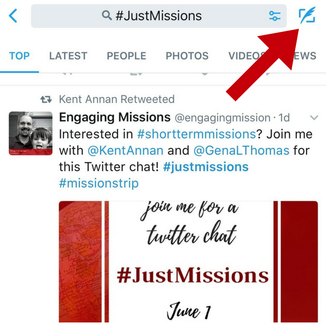 #JustMissions is a Twitter chat my friends Bryan Entzminger (host of the Engaging Missions podcast) and Kent Annan (author of Slow Kingdom Coming) and I, Gena Thomas (author of A Smoldering Wick) are having to bring people together to talk about missions. There is much yet to learn about missions, and we want to create a space for collective movement on the topic. If you are interested in missions, an avid mission tripper, a missions trip leader/pastor or organization, or even thinking about missionary life, we invite you to come be a part of our online community. You can click on the #JustMissions tab on my website or go here: http://www.genathomas.com/justmissions.html for updated info on the chat. If you know nothing about Twitter chats, don't worry, we're all learning together. Here are a few things to know: 1. In order to participate simply get on Twitter during the one-hour chat time and use the hashtag #JustMissions. If you are using Twitter on your mobile phone, search the hashtag. Once you are in the search section, you will see the feed continuously change as others add their answers to the questions we post, or simply continue conversations within the feed. Whenever you reply or retweet, be sure to add the hashtag #JustMissions to it. This is hard to remember at first, but you'll get the swing of it after a while. From there, you can also click the Compose Tweet and it will automatically include the hashtag for you. Post your answer and/or retweet the answers you connect with, and reply to some as well. The whole point is to get some conversations flowing about missions. 2. If dealing with this on your telephone is a bit stressful, you can do this from your desktop. A great and free tool to use is Tweet Deck. Here you can create columns, like your notifications, the hashtag, and any specific person/org you want to follow throughout the Twitter Chat. Go to www.tweetdeck.twitter.com and give Tweet Deck permission to open in your Twitter account. The swim lanes make the constant movement of a Twitter Chat a lot easier to handle. There's also tchat.io where you can pause the chat and hide retweets to help simplify your experience. http://www.tchat.io/rooms/justmissions 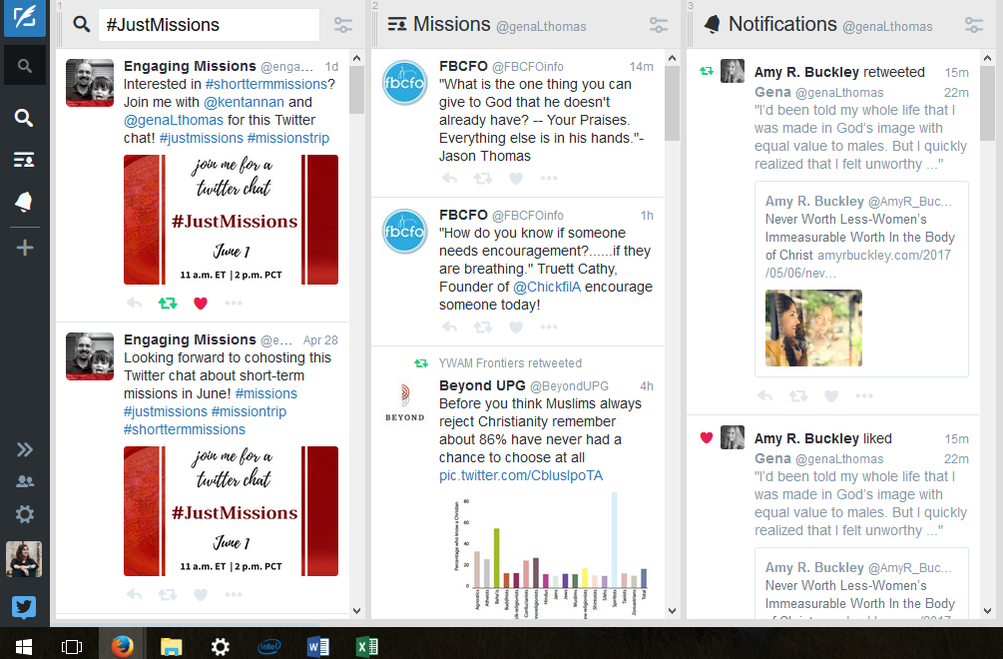 3. Be respectful in your retweets and replies. Again it's all about a conversation here. We ask that you be respectful, never shame people for having different opinions than you do, but engage if you want to understand why they've said what they've said. If you don't actually want to understand their difference of opinion, don't engage. Keep in mind that we will have people from various faith backgrounds and from various geographic locations, some long-term missionaries, some pastors, some teens, some non-Westerners etc. The diversity means that we will have disagreements; but the diversity also means we can each learn something from someone else. No one person is the expert. We are all learners. 4. Some Twitter chats have videos that go along with them, some don't. The #JustMissions chat will. We will post a discussion video before each chat. At this point, we are not sure of exact details, but we will update as we figure this out. If you are able to watch the video before the chat, you'll be better prepared for the questions, but it's not a prerequisite to participation. You can always go back and watch it later if you enjoyed the conversation. 5. Questions for each chat will be posted before the chat begins. There will be 5-6 questions, and we'll let the Twitter conversations go for about ten minutes on each question. They will likely be posted here and/or on the Engaging Missions website. If anything changes, we will update this blogpost. 6. After each chat we will compose a recap blog post, and post that to social media. Each time we will give away one copy of Slow Kingdom Coming and one copy of A Smoldering Wick to engaged participants. If you know of anyone who is interested in missions and would want to join in, invite them to be a part. If you have any questions catch any of us on Twitter @engagingMission @KentAnnan @genaLthomas or at our websites. We look forward to hearing your thoughts on missions June 1 and beyond ... |
Gena's
|

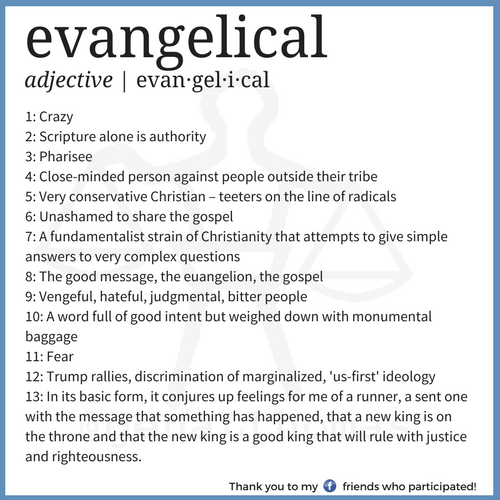
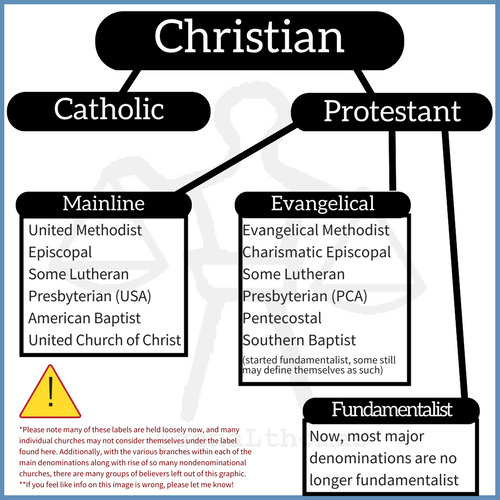
 RSS Feed
RSS Feed

